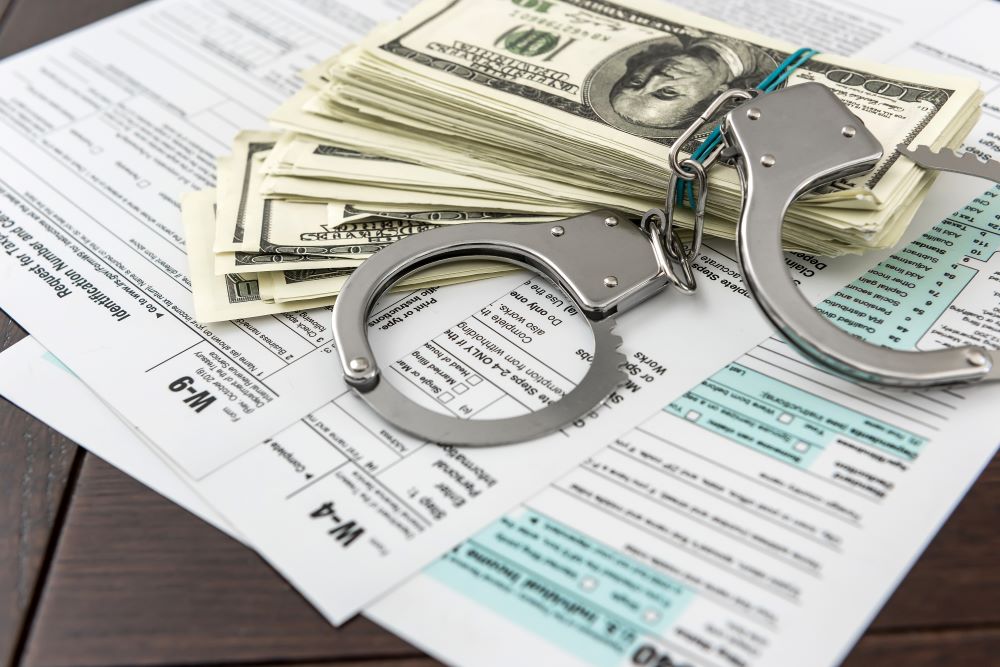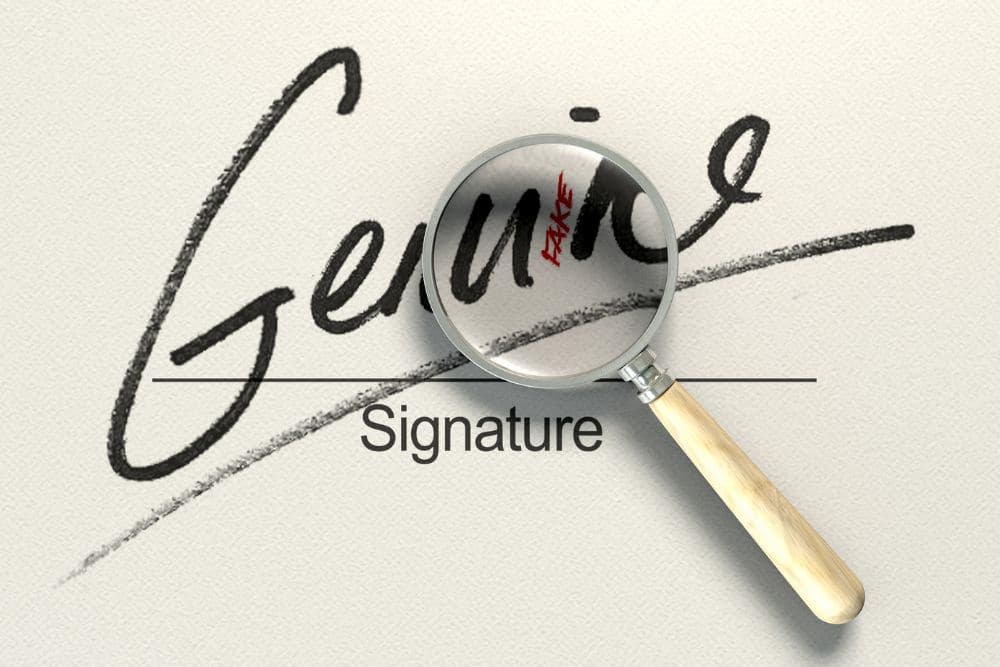- Home
- THE FIRM+
- Criminal Defense+
- CASE RESULTS
- AREAS WE SERVE+
- FAQ’s
- Blog
- Contact
Speeding & Aggravated Speeding Defense Lawyers
What is the Difference Between Speeding & Aggravated Speeding in Illinois?
On highways, roads, and streets in Skokie and across Illinois, speeding is one of the most common traffic offenses. This happens even though state law features numerous speeding laws in the interest of public health and safety. To avoid the consequences of a costly ticket, or worse, Illinois drivers should be mindful of the following general and specific speeding laws.
What is the Definition of & Punishment for Speeding in Illinois?
Under 625 ILCS 5/11-601, there are both general and location-specific speeding laws in Illinois. From a general standpoint, Section 11-601 requires all drivers to operate their vehicles in a reasonable, safe, and proper manner. If a driver operates at a speed that puts other people or property in danger, it likely qualifies as speeding under Illinois law.
Section 11-601 also compels drivers to decrease their speed to avoid colliding with other people or vehicles. The same applies for drivers who are approaching an intersection, curve, or crest. Decreased speed is also required when navigating bad weather or similarly dangerous conditions on the roads.
Additionally, Illinois law provides for a number of location-specific speed limits. Though it should be noted that various Illinois counties have the power to set even lower speed limits.
- Urban Districts – In urban districts like cities and towns, Section 11-601 mandates a speed limit of 30 miles per hour on the streets and 15 miles per hour in the alleys;
- Rural Areas – Outside of urban districts, Section 11-601 institutes a speed limit of 55 miles per hour on roads, streets, and highways not listed below;
- Divided Highways – On divided highways with four or more lanes of traffic and a barrier separating directions of travel, Section 11-601 establishes a speed limit of 65 miles per hour; and
- Interstate Highways – On interstate highways managed by the Illinois State Toll Highway Authority, Section 11-601 creates a speed limit of 70 miles per hour.
Any driver who violates these general or location-specific speeding regulations is guilty of a traffic offense. Typically, the maximum penalty for a traffic offense is a fine and one or several driver’s license points. If a person accumulates too many points, however, they may have their driving privileges suspended for a period of time.
What is the Definition of & Punishment for Aggravated Speeding in Illinois?
Under 625 ILCS 5/11-601.5, Illinois law prohibits drivers from operating their vehicles at excessive or aggravated speeds. There are two different ways a driver can commit aggravated speeding.
First, aggravated speeding between 26 and 35 miles per hour above the applicable speed limit is a Class B misdemeanor. Upon conviction for this class of misdemeanor, a driver can face a maximum of six months in jail, $1,500 in criminal fines, and several driver’s license points.
Second, aggravated speeding of more than 35 miles per hour above the applicable speed limit is a Class A misdemeanor. Upon conviction for this class of misdemeanor, a driver can face a maximum of 364 days in jail, $2,500 in criminal fines, and several driver’s license points.























































